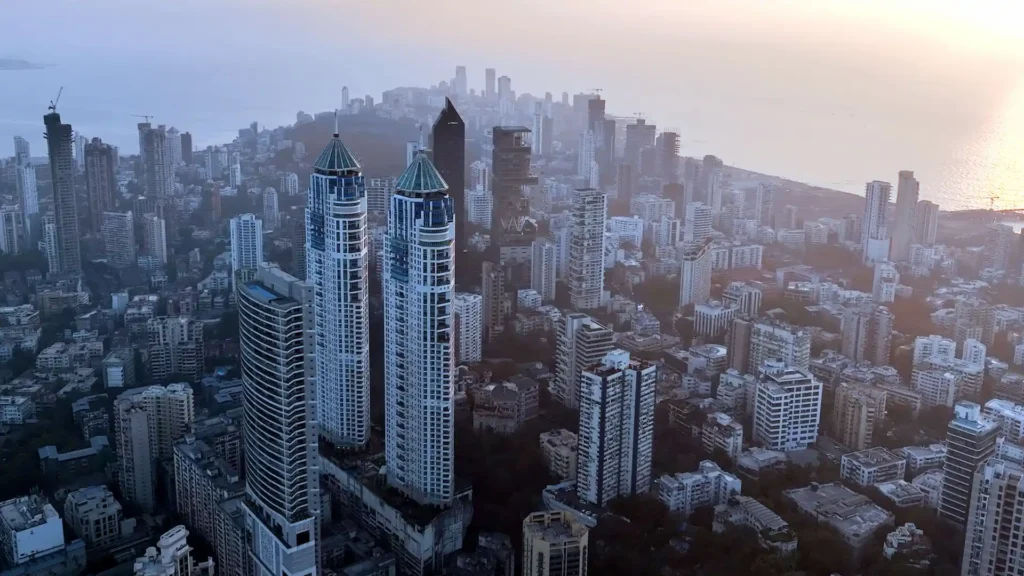
The real estate landscape is evolving rapidly, with new trends reshaping how we think about housing. In 2024, the focus has shifted toward smaller, smarter, and more flexible homes that cater to modern lifestyles. Driven by urbanization, changing work patterns, and the desire for sustainable living, certain trends influence developers and homebuyers.
1. Smaller Footprints, Bigger Impact
In recent years, we’ve seen a growing demand for smaller homes, particularly in urban areas where space is at a premium. Smaller homes are more affordable and easier to maintain. This reflects a shift in consumer priorities, with many choosing functionality and sustainability over excess space.
Smaller homes also appeal to younger buyers who prefer to spend less on housing while maintaining access to desirable locations. These compact spaces are designed with maximum efficiency, often incorporating multi-functional furniture and innovative layouts. For example, foldable beds, modular kitchens, and open-plan designs are standard features in new developments.
2. The Rise of Smart Technology
As homes shrink in size, the integration of smart technology has become essential. Smart homes, equipped with voice-controlled devices, automated lighting, and energy-efficient systems, allow residents to manage their space more effectively. From climate control to security, smart technology enhances convenience, making smaller homes feel more functional and comfortable.
Developments like SP Kingstown have embraced this trend by incorporating the latest technology to offer residents a seamless, modern living experience. Smart home features help reduce energy consumption, lower utility bills, and contribute to a more sustainable lifestyle—key considerations for today’s environmentally conscious buyers.
3. Flexible Living Spaces
With the rise of remote and hybrid work, flexible living spaces have become a top priority for homebuyers. The demand for homes that can adapt to various functions—such as a home office by day and a living room by night—has increased significantly. As a result, architects and developers are designing homes with versatile spaces that can easily transition between different uses.
Also Read: 9 Tips For Incorporating Antique Treasures into Your Home
Foldable partitions, movable walls, and multi-purpose furniture are now essential in modern homes, allowing residents to create dedicated spaces for work, leisure, and relaxation. These flexible layouts cater to the growing demand for homes that accommodate changing lifestyles without requiring additional space.
4. Sustainability and Smart Design
Sustainability is at the forefront of the real estate industry in 2024. Homebuyers are increasingly seeking eco-friendly solutions that reduce their carbon footprint. Smaller homes are inherently more sustainable, requiring fewer materials and less energy to heat, cool, and maintain. Smart designs, such as energy-efficient appliances, rainwater harvesting systems, and solar panels, further enhance the environmental appeal of these homes.
Developers, including some of the best real estate builders, are responding to this demand by offering sustainable housing options. Projects like SP Kingstown demonstrate how builders like Shapoorji Pallonji are incorporating green technology and eco-friendly materials into their developments, positioning themselves as leaders in the industry.
5. Affordability and Accessibility
Affordability remains a crucial factor driving the shift toward smaller, smarter homes. With rising property prices, especially in metropolitan areas, homebuyers are looking for alternatives that don’t compromise on quality but fit within their budget.
Additionally, the flexibility of these homes makes them more accessible to a broader demographic. Whether it’s young professionals, small families, or retirees, the appeal of efficient, cost-effective housing is undeniable.
Also Read: Is it Better to Buy a Ready-to-Move Home or Under-Construction Property?
As homes become smaller, smarter, and more flexible, developers are embracing these trends to meet the evolving needs of homebuyers. With forward-thinking projects like SP Kingstown leading the way, it’s clear that the future of housing lies in creating adaptable, eco-friendly spaces. For buyers seeking efficiency and innovation, these homes represent the perfect blend of modern living and sustainability, positioning their developers as some of the best real estate companies in the industry.
